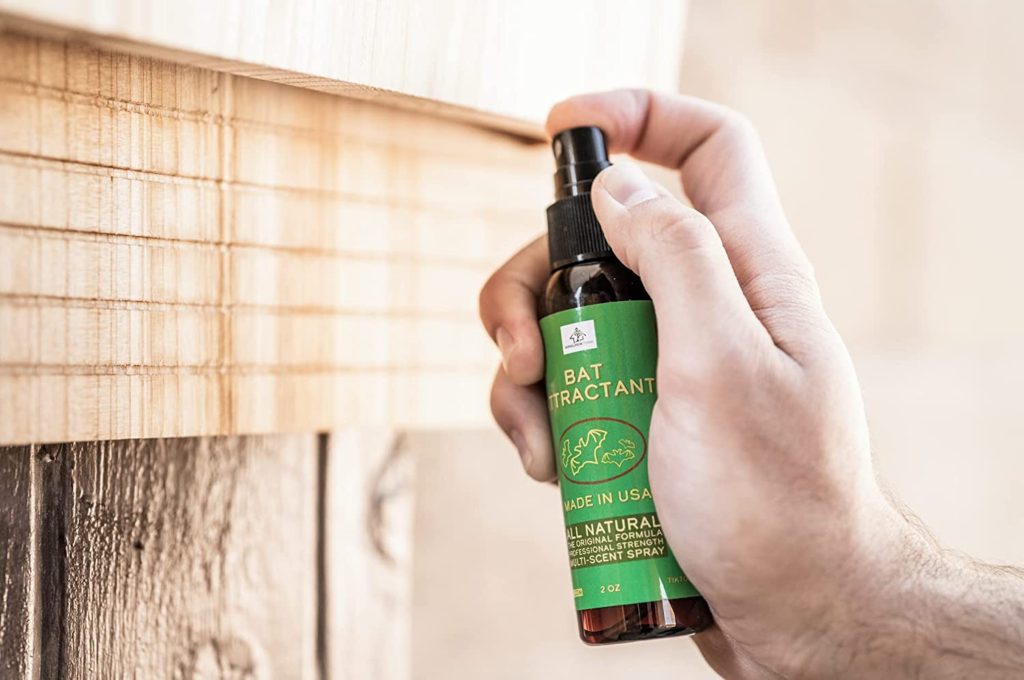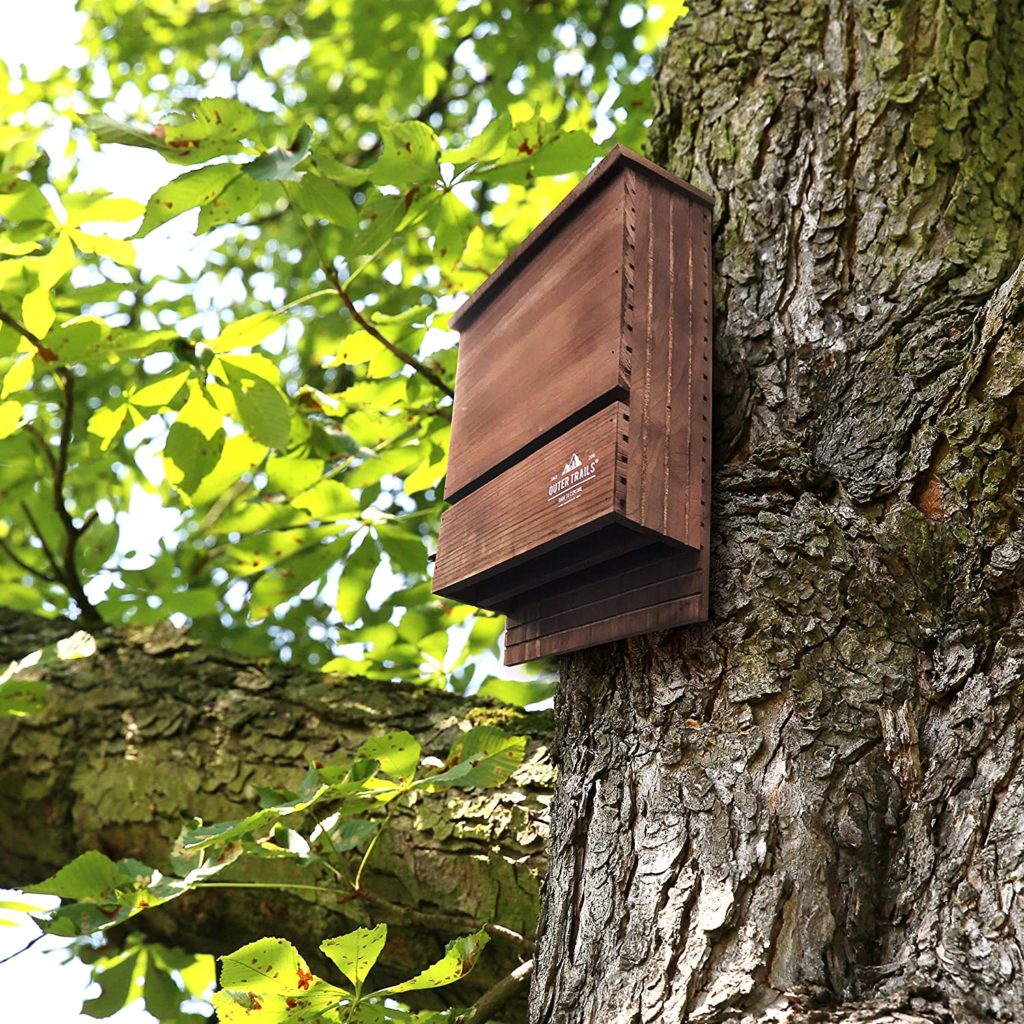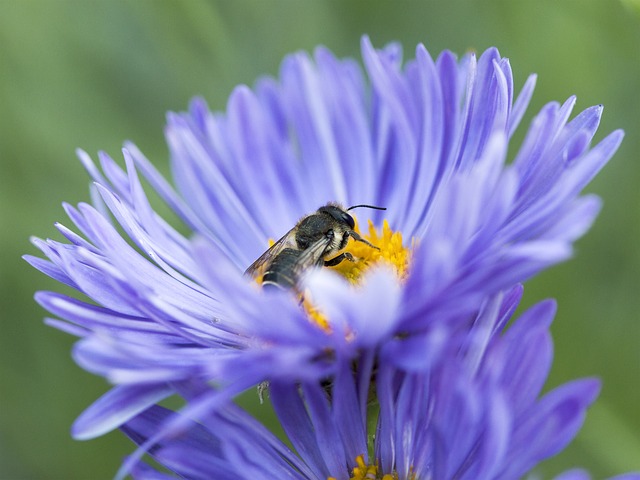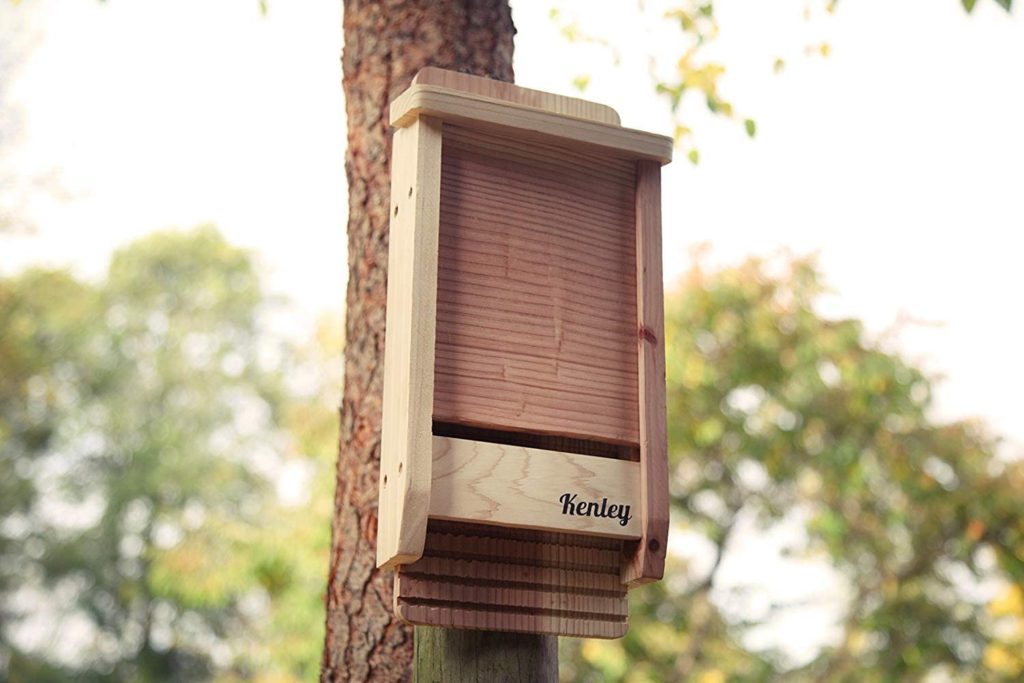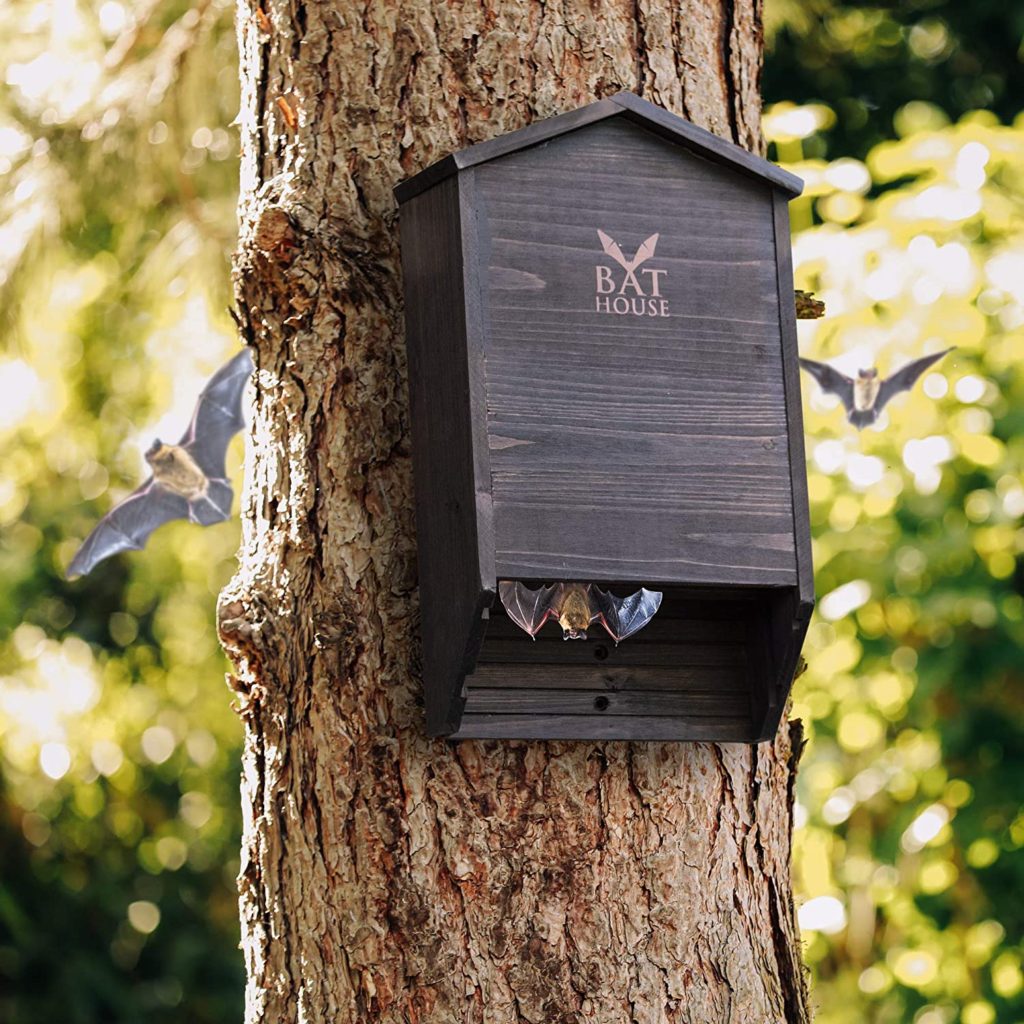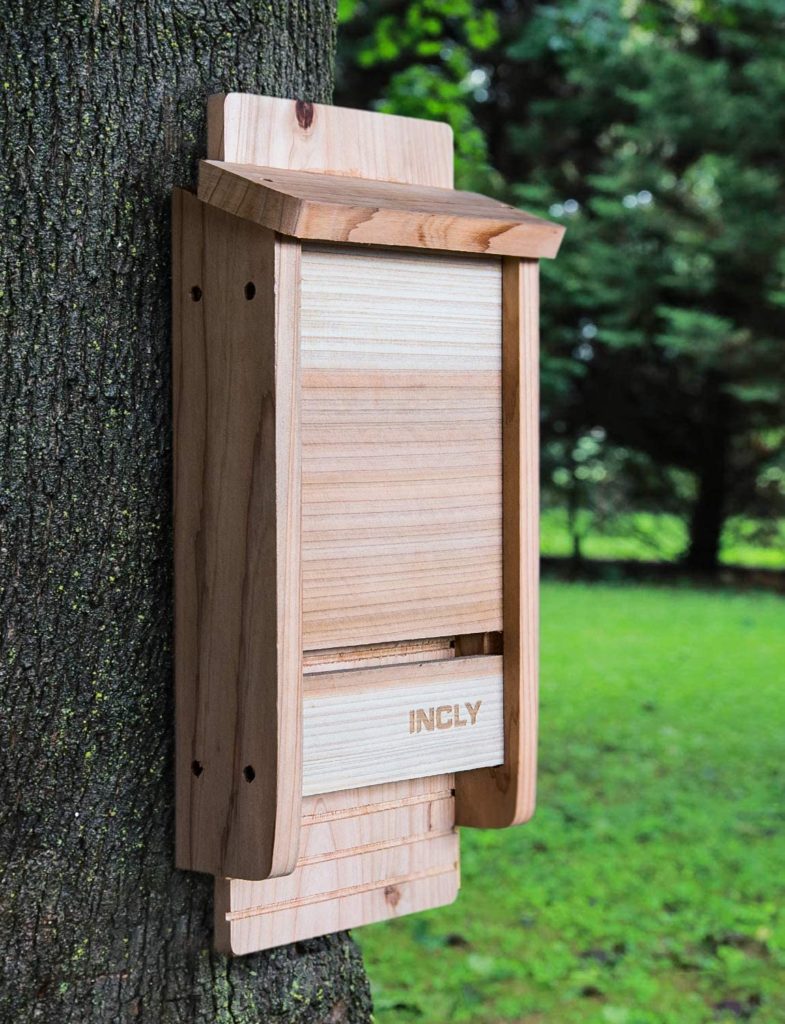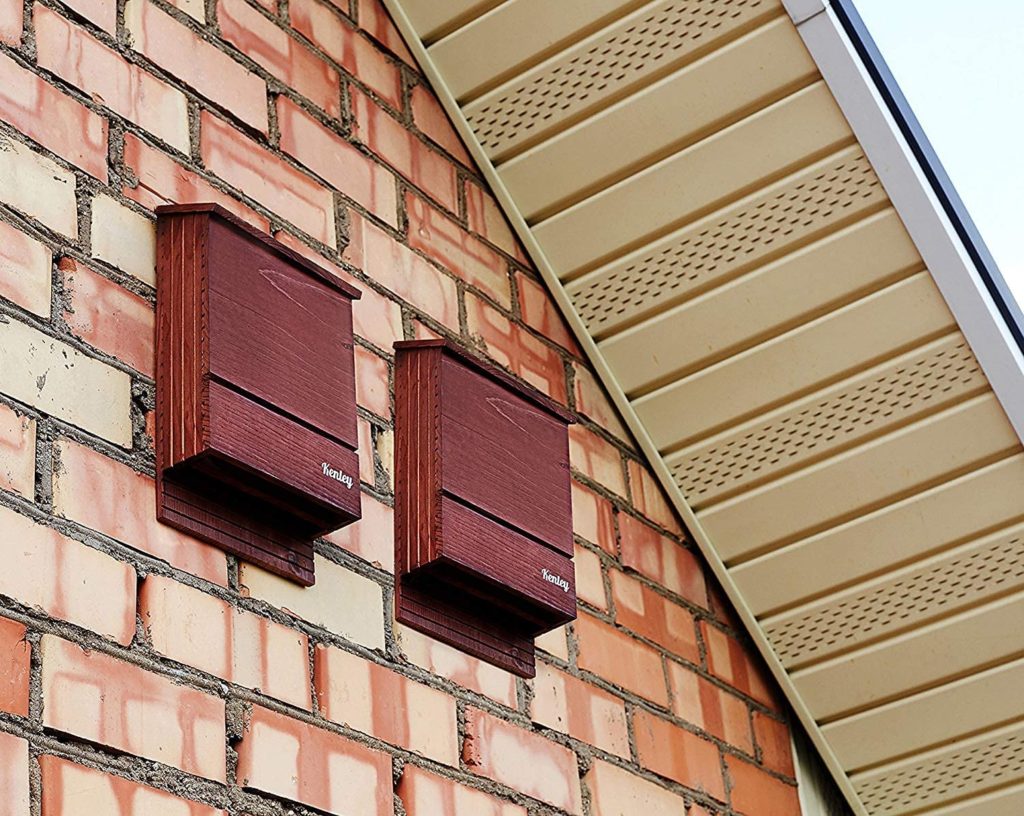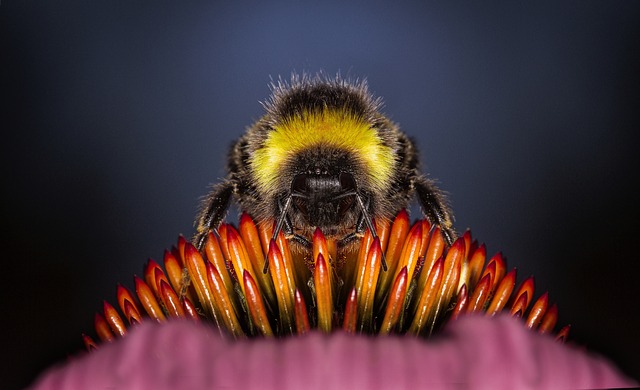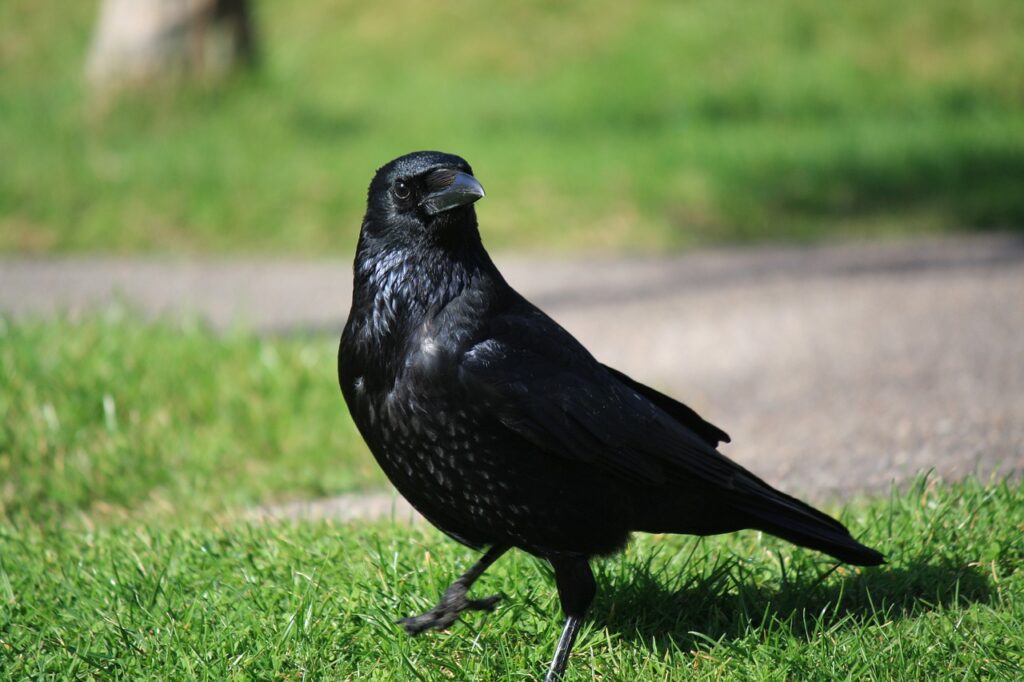
Are crows territorial? The answer is yes. However, just how territorial they are can depend on several factors. Here’s what you’ll need to know.
Territoriality In Birds
Territoriality is the behavioral trait of defending and maintaining a specific area territory against intruders. Typically it is against intruders of the same species but not always. It is common in various animals, including many types of birds.
And that includes crows. Other examples of birds known for their territorial behavior include magpies, robins, red-winged blackbirds, blue jays, cardinals, and mockingbirds, to name a few.
Crow Territory Basics
During the breeding season, unpaired males will attempt to seek out and claim territories. Having a territory helps male crows to attract a mate since the territory will serve as a nesting and foraging area. Once he has attracted a female partner, the birds will work to defend it.
Crows mate for life, and as long as their territory provides sufficient resources, the pair will stay in the same territory year after year. And their offspring will usually stick around for a few seasons as well. Crow territory size can range anywhere from 15 to 60 acres or even more.
Because during the breeding season, they need more resources and protection for their young, the size of a crow’s territory will generally be larger at this time than during the rest of the year.
When Are Crows Territorial?
Crows are territorial year-round. However, they become highly territorial during the breeding season as there is competition for mates, they are securing nesting sites, and raising their young. The breeding season typically runs from late winter to early summer but can vary by location and climate.
Outside of the breeding season, crows are typically less territorial. However, that being said they will still defend their territories. This is true even during the fall and winter months. During this time they travel to sleep at night in communal roosts with crows from many other family groups.
However, despite being accepting of other crows in their nightly roost, during the daytime, they will return to their individual territory to forage for food and defend it from other crows. Yet they won’t normally do so as intensely as during the breeding season.
Other Factors That Influence Territoriality In Crows
There are a few other factors that influence just how territorial crows are. This includes the availability of food and the presence of competing crows nearby. For example, crows in more densely populated regions are often more territorial for the majority of the year. That’s because in these areas there is usually a higher population of competing crows and also scarcer food options.
In contrast, in more rural areas where there are not as many other crows and the food is more abundant, crows may be much less territorial.
The genetics and hormone levels of individual crows can influence how aggressively they defend their territory as well. And so can the experiences and territorial conflicts a crow has had in the past. In areas where there are high numbers of predators or other species that compete directly with them for resources, crows will also be more apt to defend their territory vigorously.
How Do Crows Defend Their Territory?
Crows will protect their territory from competing crows and potential predators in various ways. To spot intruders, they will often perch somewhere high up that gives them a clear vantage point of their territory. Crows will also fly around and patrol which in addition helps to make their presence known to any crows nearby.
They will vocalize too, making loud warning calls that assert their claim to the area. And when they spot other crows, they may use physical displays to scare them out of the area. They may puff up their feathers to make themselves look larger than they are and intimidate them. Another display used is bill fencing (when crows open and close their beaks).
If they don’t leave rival crows and perceived threats may be chased, mobbed by multiple birds, and dive-bombed in an attempt to drive them away. In more serious cases crows may resort to physically attacking intruders.
Why Are Crows Territorial?
Being territorial is advantageous to crows in several different ways. Claiming and defending their territory from competing crows helps to ensure that they and their young have exclusive access to a reliable food source. It also helps create a safe place for breeding and raising their young.
Driving away potential predators increases the chances that the young and other crows in the family group will survive. And while it may be aggressive, the territorial behavior of crows actually helps to establish and maintain a cohesive crow society. It usually keeps the peace.
That’s because territorial displays tell neighboring crows what areas are already claimed and where the boundaries of those specific territories are. This helps to prevent any unnecessary conflicts and life-threatening injuries.
Start Shopping for Birding Supplies!
How Does A Heron Catch Fish?
The great blue heron is well-known for its looks but also its fish-catching abilities. Whether in the wild or someone’s backyard pond these large birds are master hunters. So how does a heron catch fish? Here’s what you’ll want to know. Built For Success While herons...
What Direction Should A Bat House Face?
Buy on Amazon Bats are very particular when it comes to whether or not they will move into a bat house. One of the most important factors is the temperature inside, which will be strongly influenced by the direction that the house is facing. So what direction should a...
When To Put Up A Bat House
Buy on Amazon Bats can be a big benefit to your yard. But they can be picky when it comes to where they actually decide to roost. Knowing when to put up a bat house can help to tip the odds in your favor. Basic Seasonal Bat Behavior Many people don’t realize that in...
Bat Attractant: The Secret Weapon For Bat House Success
Buy on Amazon Purchasing a bat house is easy, however, having a colony of bats take up residence inside it is sometimes another story. To tip the odds in your favor using bat attractant can help. Here’s what you’ll want to know when considering using it. Bat House...
How To Attract Bats To Your Bat House
Buy on Amazon Having bats in your yard offers many fantastic benefits. So it’s no wonder that more and more people are installing bat houses in an attempt to get them to stay. However, you’ll first need to know how to attract bats to your bat house if you want them to...
The Buzz About Bee Gardens
Chances are if you’ve been paying even a little bit of attention, you’ve heard about the “beepocalypse.” Depending on the source, you’ve likely seen varying levels of concern. While some experts are simply following the phenomenon, others are downright alarmed....
What Does A Bat House Look Like?
Buy on Amazon Bat houses are shelters made specifically for bats. These flying mammals have special needs that houses are designed to meet. So what does a bat house look like? Well, read on and find out! Bat House Designs Houses for bats actually look like boxes. For...
What Is A Bat House?
Buy on Amazon What is a bat house? And better yet, why would you want one on your property? These are both commonly asked questions. Whether you’re just curious or have always wanted to have bats in your yard here’s what you’ll need to know. Bats are nocturnal...
The Top Bat House Benefits
Buy on Amazon A bat house is a specially designed shelter for bats. It provides them with a safe and convenient place to sleep. While they are great for the bats, there are many bat house benefits you can enjoy as well when you have one in your yard. Keep Bats Out Of...
Where To Put A Bat House
Buy on Amazon Where to put a bat house is an important decision. If it’s not in an appropriate spot, you may be putting your resident bats in danger. Or you may end up with an empty house since no bats are interested in living in it. So you’ll need to know a few...
Beneficial Garden Insects And Creatures Often Confused For Pests
There are many animals that we consider to be pests. However, many of them actually perform critical tasks and help to control the populations of much more devastating species. The following beneficial insects and creatures are ones you’ll want to keep around....



